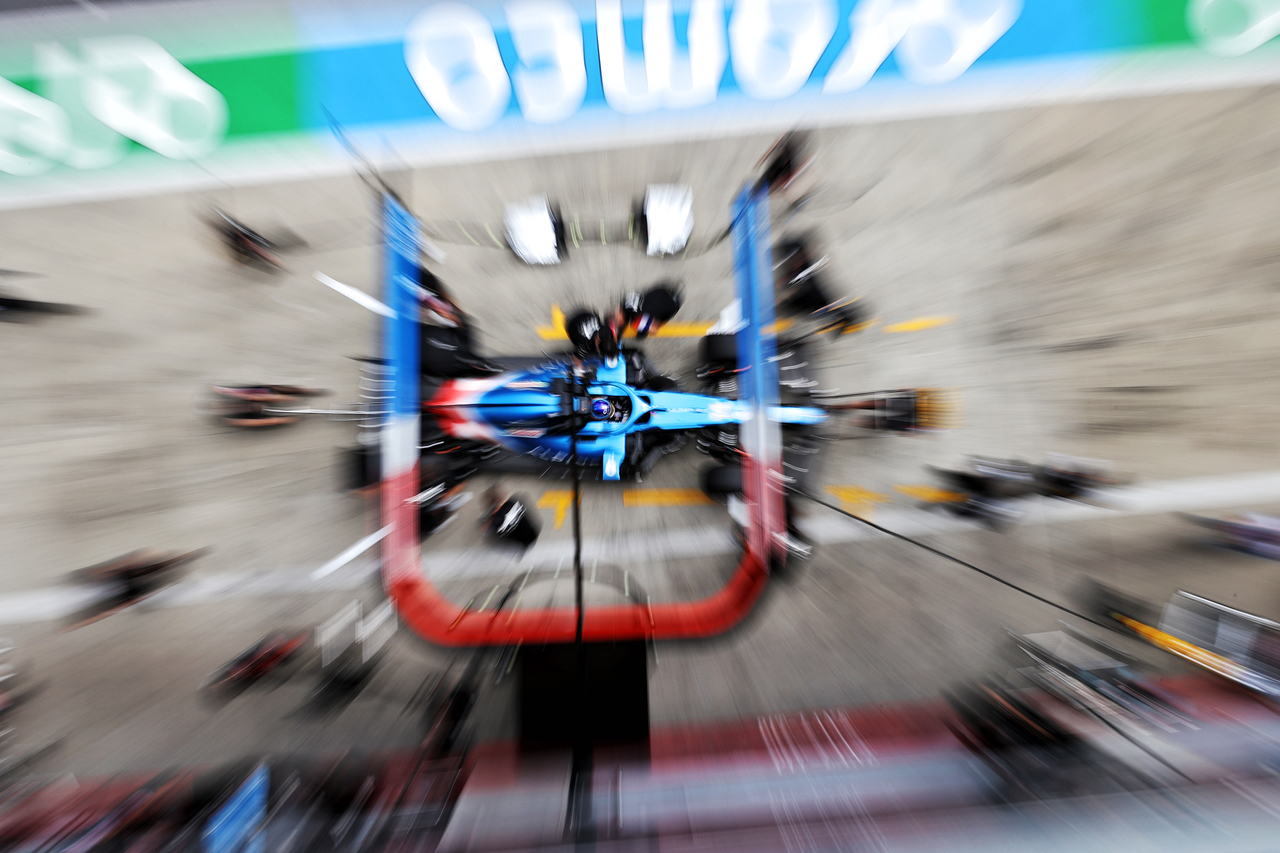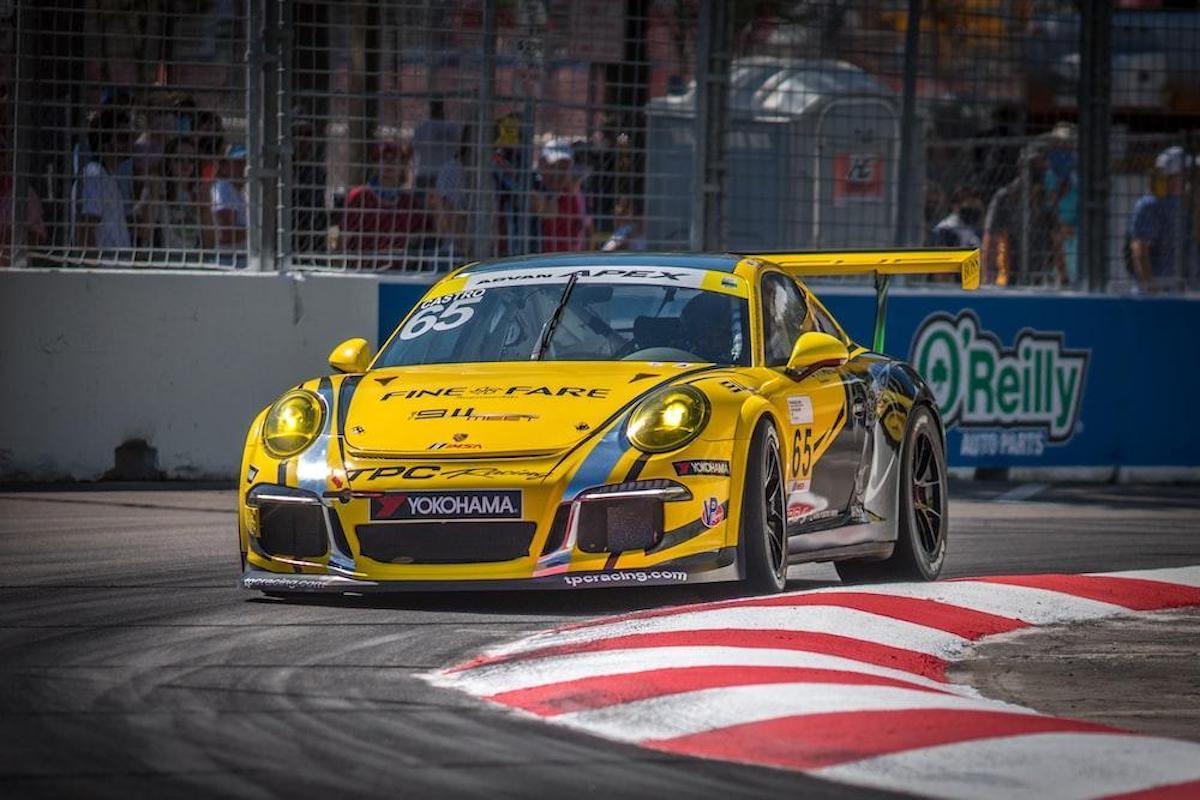In the world of luxury automotive brands, Mercedes-Benz has long been a dominant player, known for its high-quality vehicles, innovative technology, and prestigious reputation. However, recent developments in the automotive industry have raised questions about whether the German automaker’s reign as a top luxury brand is coming to an end.
One of the key factors contributing to this speculation is the shift towards electric vehicles (EVs) and sustainable transportation. With the rise of environmental consciousness and stricter emissions regulations, many automakers, including Mercedes-Benz, have committed to transitioning to electric powertrains. While Mercedes-Benz has introduced an electric vehicle lineup, including the EQC and upcoming EQS models, the brand still lags behind competitors like Tesla and Audi in terms of EV sales and market share.
Furthermore, Mercedes-Benz has faced challenges in adapting to the fast-changing technology landscape. As the automotive industry moves towards digitalization, connectivity, and autonomous driving, Mercedes-Benz has struggled to keep pace with tech-savvy rivals. The brand’s infotainment system, MBUX, has received mixed reviews for its user interface and functionality, while autonomous driving features like Tesla’s Autopilot and Cadillac’s Super Cruise have surpassed Mercedes-Benz’s offerings.
Another factor that has raised concerns about the future of Mercedes-Benz is the brand’s image and appeal to younger consumers. While Mercedes-Benz has a loyal base of affluent customers, the brand has struggled to attract younger, trendier buyers who are more interested in brands like BMW, Audi, and Tesla. Mercedes-Benz’s conservative design language and traditional aesthetic have not resonated with younger consumers who seek a more modern and innovative brand image.
Despite these challenges, Mercedes-Benz still holds a strong position in the luxury automotive market, with a heritage of excellence and a range of premium vehicles that appeal to a wide range of customers. The brand’s parent company, Daimler AG, has recently undergone a restructuring and rebranding as Mercedes-Benz AG, signaling a renewed focus on the brand’s core values and future direction.
In conclusion, while it may not be the end of an era for Mercedes-Benz, the brand faces significant challenges in adapting to the changing automotive landscape and maintaining its position as a top luxury brand. To remain competitive and relevant in the evolving market, Mercedes-Benz will need to innovate, invest in sustainable technologies, and appeal to a new generation of consumers who demand innovation, connectivity, and sustainability from their vehicles. Only time will tell whether Mercedes-Benz can rise to the challenge and continue its legacy as a leader in the luxury automotive industry.



